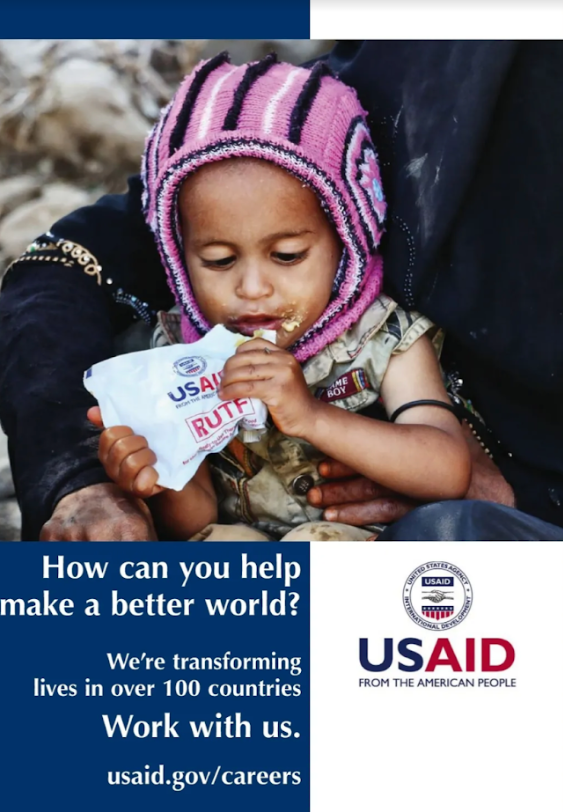Weekly DEAFWIRE news recaps
Full DEAFWIRE videos can be seen
at https://www.h3world.tv/shows-name/deafwire
In Tennessee, the Tennessee Department of Correction (TDOC) has come to a settlement with Disability Rights Tennessee (DRT) and three Deaf men, leading to a big step toward improving accessibility for Deaf prisoners. The settlement ends the case of Trivette v. Tennessee Department of Correction which has run since March 2020. TDOC will now ensure that incarcerated Deaf people have access to vital accommodations, such as sign language interpreters and videophones at every facility that houses Deaf prisoners. The lack of this access was in violation of the Americans with Disabilities Act (ADA) and Rehabilitation Act. Now with the settlement, TDOC will now make sure that Deaf individuals in prison have equal access to TDOC programs, medical appointments, religious services, and legal proceedings.
DEAFDIGEST JOBS CENTER
Looking for a job? See Jobs Center for job openings.
* DeafGPS Researcher & Program Host
* Regional Reporter: Oceania
* Senior Writer/Associate Producer, Canada
DEAFDIGEST JOBS CENTER –
http://deafdigest.net/jobs-center/
Imogen Nunn was a 25-year-old Deaf TikTok star who tragically passed away in 2023 after ingesting a harmful substance she had bought online. She was known on TikTok and other social media platforms for raising awareness about mental health and Deafness. On TikTok, Nunn had over 780,000 followers, many of whom related to her story and grieved her death. Nunn was a user of the National Health Service (NHS), a publicly funded healthcare system in the United Kingdom (UK), particularly in relation to her mental health. Prior to her death, Nunn confided in an NHS support worker, telling them that she had purchased something online with the intent to harm herself. Despite reaching out for help, the inquest revealed that Nunn felt let down by the services that were supposed to support her. Her family believes she felt exhausted from fighting for the care she needed.
A recent study has called for significant changes in the education system for Deaf and hard-of-hearing (DHH) students in India. The research, led by Dr. Abhimanyu Sharma from Cambridge University in the United Kingdom, points out that many children who are Deaf or hard-of-hearing are missing out on school due to a lack of accessible education. Dr. Sharma’s study pushes the need to recognize Indian Sign Language (ISL) as an official language and to move away from the practice of ‘oralism,’ which forces DHH students to rely on lipreading and speech. He argues that schools should teach ISL as a full language to improve the educational experience for these children.
In Bogotá, a group of Systems Engineering students from the Universidad de San Buenaventura (USB), Bogotá campus, developed SingChat, an innovative mobile application designed to facilitate real-time communication for people with deafness. The team, consisting of Harold Barrera, William Flórez, Julio Díaz, and Alejandro Díaz, worked under the guidance of Professor and researcher Yamil Buenaño, who led the project from its conception to its development. SingChat began as an academic project within the TecnoSoft research group and was later integrated into USB’s Solsytec group. Its purpose is to provide a tool that enables written communication in sign language through a special keyboard that includes the sign language alphabet, along with various customization options such as contrast adjustments to assist users with low vision. One of the app’s main features is its ability to connect mobile devices with web messaging systems, allowing users to interact more easily with others, regardless of their hearing ability. Additionally, the development team is working on a new functionality that will enable sign language-to-speech and speech-to-sign language conversion, further enhancing communication between hearing and hearing-impaired individuals.
In La Paz, the Bolivian Ministry of Education launched the second edition of the Bolivian Sign Language Dictionary, aimed at ensuring the right to education for children and adolescents with deafness. In its first phase, 2,000 copies have been printed for distribution across the country’s nine departments. Minister of Education Omar Veliz emphasized that this initiative is part of the Plurinational State’s inclusive policies and is the result of an extensive research, analysis, and collaboration process involving sign language experts. The project involved 19 teachers, both Deaf and interpreters, including Ricky Chávez Cuéllar from the Bolivian Federation of the Deaf (Febos). The dictionaries will be distributed at the beginning of the 2025 school year, benefiting students at the early childhood and primary levels, as well as Higher Teacher Training Schools and Alternative Education Centers.





